Impact of Corrosion on Earthing Systems
Earthing systems are designed to provide a safe path for electrical energy to flow to the ground. However, over time, these systems can be affected by corrosion, which can compromise their ability to perform as intended. Corrosion can lead to a variety of issues, including increased ground resistance, reduced system performance, and safety hazards.
In this blog, we’ll explore the impact of corrosion on earthing systems and how to prevent it.
What is Corrosion?
Corrosion is a natural process that occurs when metals are exposed to environmental factors such as moisture, oxygen, and chemicals. Over time, this exposure can cause the metal to break down, leading to rust, pitting, and other forms of damage.
How Does Corrosion Affect Earthing Systems?
Increased Ground Resistance
Corrosion can increase the ground resistance of an earthing system, which can lead to safety hazards and performance issues. A high-ground resistance can result in dangerous levels of electrical energy being present in the system, which can cause electric shock and damage to equipment.
Reduced System Performance
Corrosion can also reduce the performance of an earthing system. Increased ground resistance can lead to voltage fluctuations, interference, and other performance issues that can affect the reliability and efficiency of the system.Safety Hazards
Corrosion can compromise the safety of an earthing system. If the earthing system is not able to safely dissipate electrical energy to the ground, it can result in dangerous levels of electrical energy being present in the system, which can cause electric shock and damage to equipment.
How to Prevent Corrosion in Earthing Systems?
Choose the Right Materials
Choosing the right materials for an earthing system can help prevent corrosion. High-quality materials that are resistant to corrosion, such as copper and stainless steel, can help ensure the longevity and effectiveness of the system.
Regular Maintenance
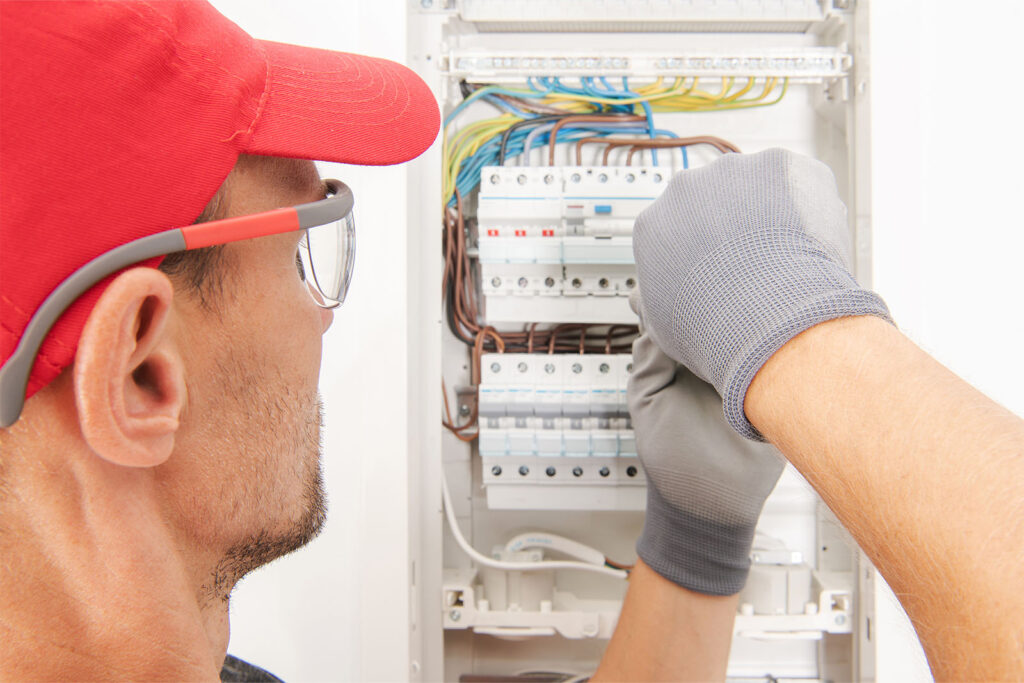
Regular maintenance is essential for preventing corrosion in earthing systems. This includes inspecting the system for signs of damage, cleaning exposed surfaces, and replacing any damaged components.
Protection from the Environment
Protecting an earthing system from environmental factors such as moisture and chemicals can help prevent corrosion. This can be achieved through the use of protective coatings and enclosures that are designed to resist corrosion.
At Electrogrip, we understand the impact of corrosion on earthing systems and the importance of proper maintenance and protection. That’s why we provide high-quality earthing and lightning protection products that are designed to resist corrosion and meet the highest industry standards. Our products are tested for safety, performance, and reliability, ensuring that your electrical installations are protected and compliant.
Conclusion
In conclusion, corrosion is a significant issue that can compromise the safety and performance of earthing systems. By choosing the right materials, regular maintenance, and protection from the environment, you can ensure that your earthing system is effective and reliable. At Electrogrip, we are committed to providing products and resources that support safe and reliable electrical installations. Contact us today to learn more about our products and services by clicking on this link.
If you liked our blog on the Impact of Corrosion on Earthing Systems, be sure to check out our other blogs by clicking on this link https://electrogrip.in/blog/

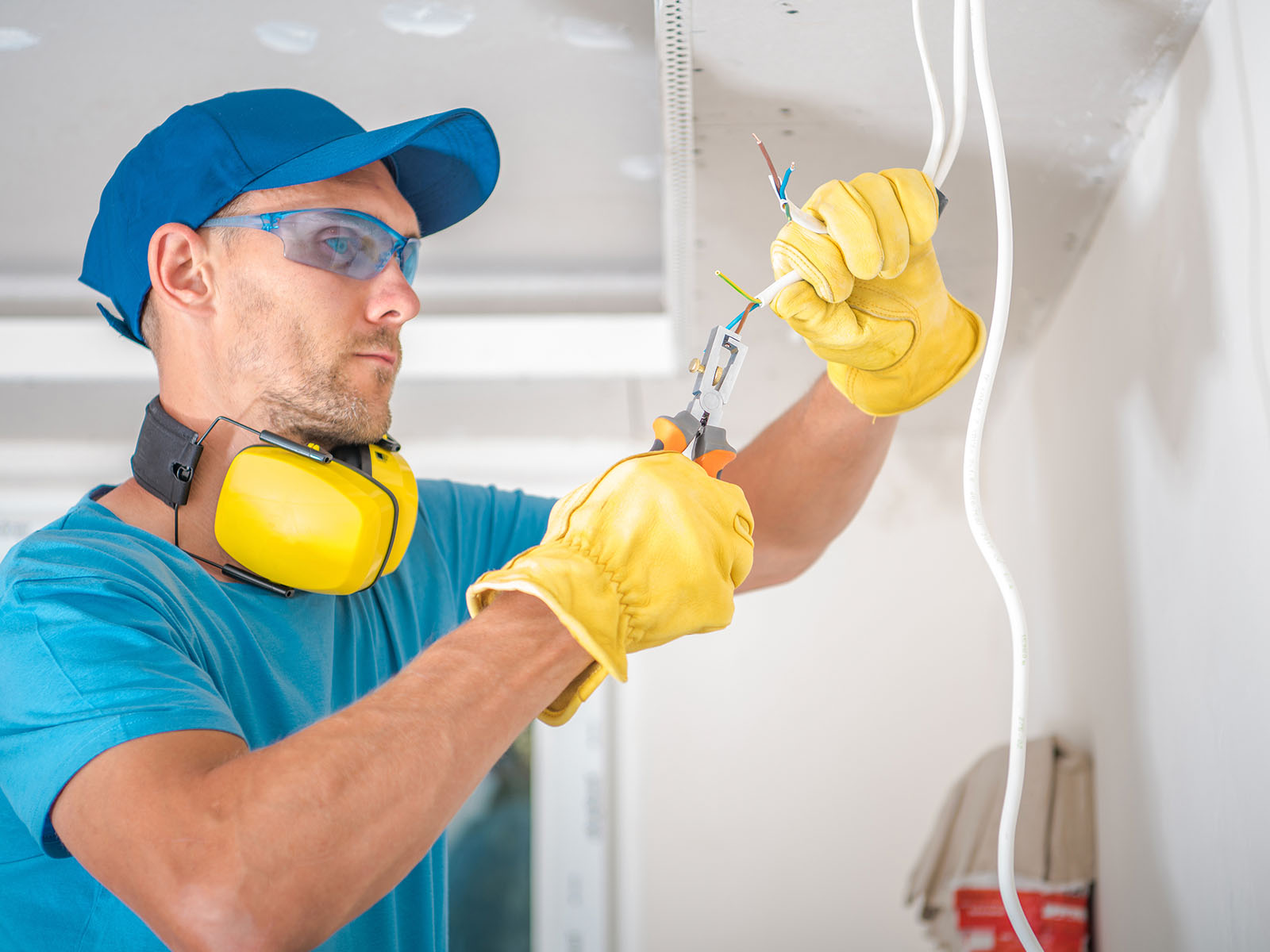
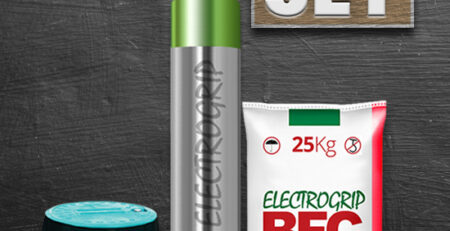
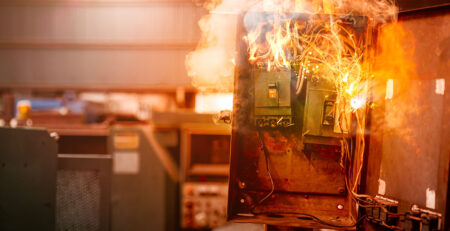

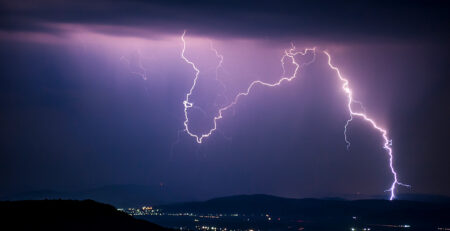
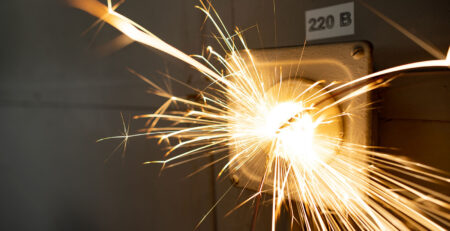
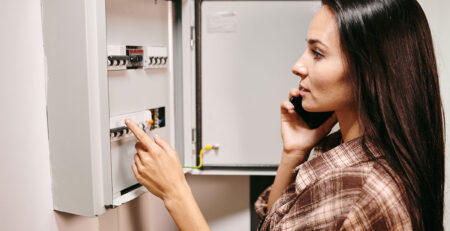
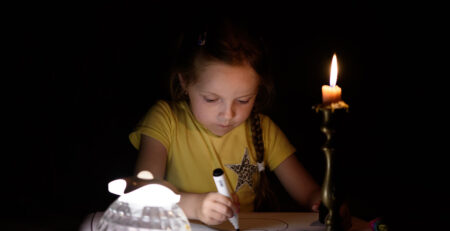
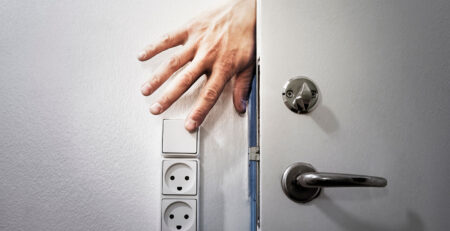
Leave a Reply